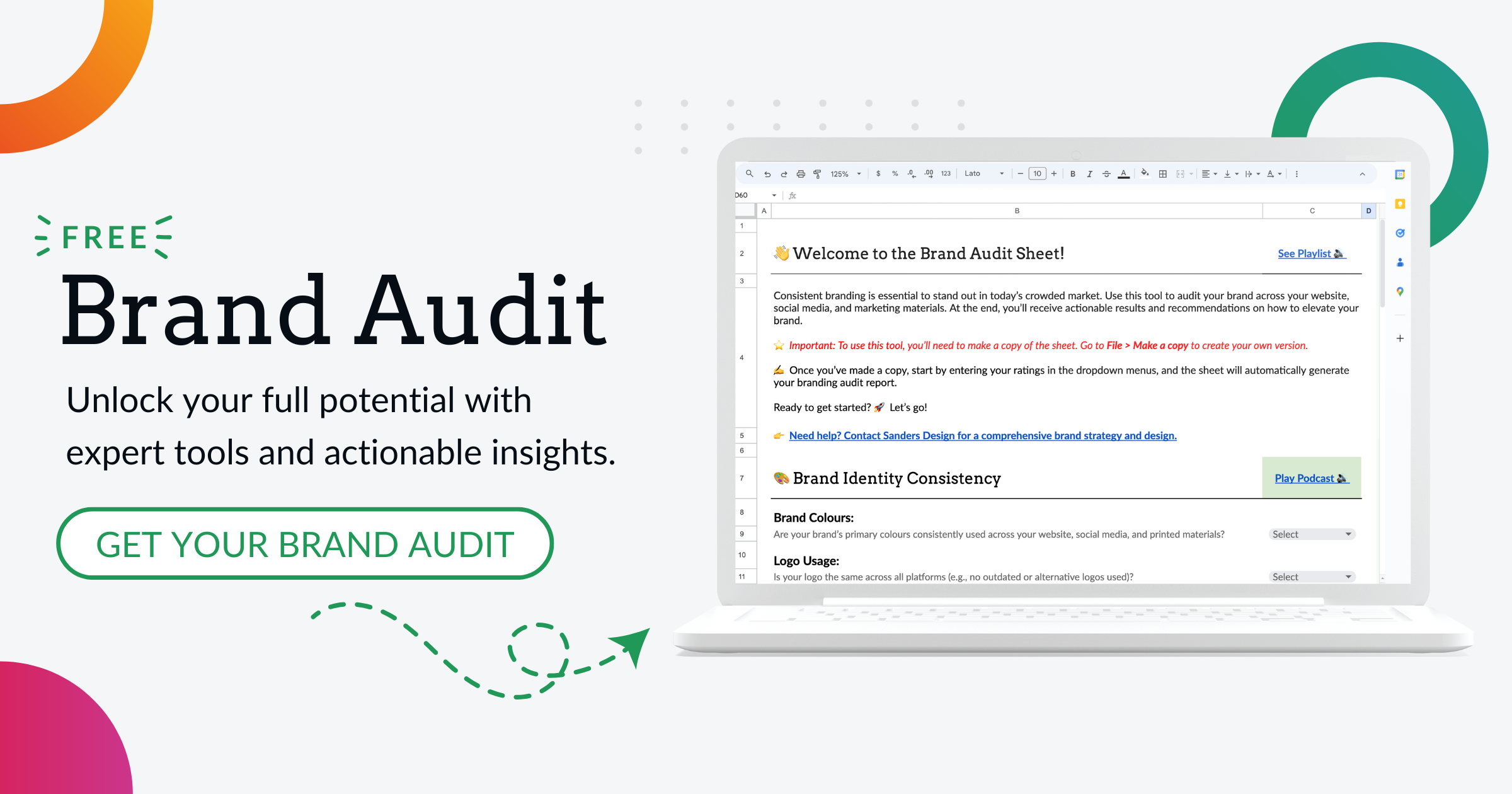Are Your WordPress Plugins Safe? Understanding the Risks of Viruses and Malware

Enhance your WordPress site’s functionality effortlessly with plugins. Add features like contact forms, SEO improvements, and social media integration without starting from scratch.
The importance of plugins in enhancing website functionality cannot be overstated. They allow website owners to easily add new features and functionalities to their site, without the need for advanced technical knowledge or coding skills. This makes it possible for anyone, regardless of their level of expertise, to create a professional-looking and highly functional website.
Plugins also play a crucial role in improving the user experience of a website. They can help optimise the site’s performance, improve its security, and make it more user-friendly. With the right plugins, website owners can easily add features like caching, image optimisation, security measures, and more, which can greatly enhance the overall user experience.
What Are the Risks Associated with WordPress Plugins?
While WordPress plugins offer numerous benefits, they also come with certain risks. One of the main risks associated with using plugins is the potential for security breaches. Plugins are created by third-party developers, and if these developers do not follow best practices for coding and security, their plugins can become vulnerable to attacks.
There have been several instances where security breaches have occurred due to vulnerabilities in WordPress plugins. In 2017, for example, a popular plugin called “Wordfence Security” was found to have a vulnerability that allowed hackers to gain unauthorised access to websites using the plugin. This breach affected thousands of websites and resulted in compromised user data.
Another risk associated with plugins is compatibility issues. As WordPress updates its core software, some plugins may not be compatible with the new version. This can lead to conflicts and errors on the website, causing it to malfunction or even crash.
Understanding the Different Types of Malware and Viruses
Malware and viruses are malicious software programs that are designed to disrupt, damage, or gain unauthorised access to computer systems. They can infect WordPress plugins and cause a range of problems for website owners.
Malware refers to any software that is specifically designed to harm or exploit a computer system. This can include viruses, worms, Trojans, ransomware, and more. Malware can be used to steal sensitive information, gain unauthorised access to a system, or cause damage to files and data.
Viruses are a specific type of malware that can replicate themselves and spread from one computer to another. They often attach themselves to legitimate files or programs and can be spread through email attachments, infected websites, or infected plugins.
How Do WordPress Plugins Get Infected with Malware?
There are several common ways that WordPress plugins can become infected with malware. One way is through vulnerabilities in the plugin’s code. If a plugin has weak security measures or if the developer did not follow best practices for coding, hackers can exploit these vulnerabilities and inject malware into the plugin.
Another way that plugins can become infected is through malicious downloads. Hackers may create fake versions of popular plugins and distribute them through unofficial websites or forums. When users download and install these fake plugins, they unknowingly install malware onto their website.
Hackers can also exploit vulnerabilities in other parts of a website to gain access to plugins. For example, if a website has weak login credentials or outdated software, hackers can use these weaknesses to gain access to the site’s files and inject malware into the plugins.
The Impact of Malware and Viruses on Your Website
Having malware or viruses on your website can have serious consequences for both its performance and reputation. One of the main impacts of malware is that it can slow down your website. Malware can consume a significant amount of server resources, causing your site to load slowly and perform poorly. This can lead to a poor user experience and a decrease in traffic and conversions.
Malware can also compromise the security of your website and put your users’ data at risk. Hackers can use malware to steal sensitive information, such as login credentials, credit card details, and personal information. This can result in financial loss for your users and damage to your reputation.
In addition to the direct impact on your website’s performance and security, having malware or viruses on your site can also have indirect consequences. Search engines like Google prioritise secure websites in their search results, so if your site is infected with malware, it may be penalized and pushed down in the rankings. This can result in a decrease in organic traffic and visibility for your website.
Common Signs of a Malware or Virus Infection in WordPress Plugins
There are several common signs that indicate a malware or virus infection in WordPress plugins. One of the most obvious signs is a sudden decrease in website performance. If your site is taking longer to load or if it is experiencing frequent crashes or errors, it may be a sign that there is malware present.
Another sign of an infection is the appearance of unexpected pop-ups or advertisements on your website. If you notice that your site is displaying ads that you did not authorize or if you see pop-ups that are unrelated to your content, it may be a sign that there is malware present.
Other signs of an infection include changes to your website’s appearance or functionality. If you notice that your site looks different than usual or if certain features are not working properly, it may be a sign that there is malware present.

Best Practices for Securing Your WordPress Plugins
Securing your WordPress plugins is crucial for protecting your website from malware and viruses. Here are some best practices to follow:
1. Keep your plugins updated: One of the most important steps you can take to secure your plugins is to keep them updated. Plugin developers often release updates that include security patches and bug fixes, so it’s important to install these updates as soon as they become available.
2. Use reputable plugins: When choosing plugins for your website, make sure to only use reputable ones from trusted sources. Avoid downloading plugins from unofficial websites or forums, as these are more likely to contain malware.
3. Regularly scan for malware: Use a reliable security plugin to regularly scan your website for malware and viruses. This will help you identify any infections early on and take appropriate action.
4. Use strong login credentials: Weak login credentials can make it easier for hackers to gain unauthorised access to your website. Use strong, unique passwords for all of your accounts and consider using two-factor authentication for an added layer of security.
5. Backup your website regularly: Regularly backing up your website is essential in case of a malware infection or other security breach. If your site does get infected, you can restore it to a previous clean backup and minimise the damage.
Tips for Choosing Safe and Reliable WordPress Plugins
Choosing safe and reliable WordPress plugins is crucial for maintaining the security of your website. Here are some tips to help you choose the right plugins:
1. Read reviews and ratings: Before installing a plugin, read reviews and ratings from other users. This will give you an idea of the plugin’s reliability and security.
2. Check the plugin’s update history: Look at the plugin’s update history to see how frequently it is updated. Plugins that are regularly updated are more likely to have security patches and bug fixes.
3. Check the developer’s reputation: Research the developer of the plugin to ensure they have a good reputation in the WordPress community. Look for plugins developed by reputable companies or individuals with a track record of creating secure and reliable plugins.
4. Look for active support: Check if the plugin has an active support forum or community. This can be a good indication that the developer is actively maintaining and updating the plugin.
5. Check for compatibility: Make sure the plugin is compatible with your version of WordPress and other plugins you are using. Incompatible plugins can cause conflicts and errors on your website.
The Importance of Regularly Updating Your WordPress Plugins
Regularly updating your WordPress plugins is crucial for maintaining the security and functionality of your website. Here’s why it’s important:
1. Security patches: Plugin updates often include security patches that address vulnerabilities and protect your website from potential attacks. By keeping your plugins updated, you ensure that you have the latest security measures in place.
2. Bug fixes: Plugin updates also include bug fixes that address any issues or errors in the plugin’s code. By installing these updates, you can ensure that your plugins are functioning properly and not causing any conflicts or errors on your website.
3. Compatibility: WordPress regularly releases updates to its core software, and these updates can sometimes cause compatibility issues with older versions of plugins. By keeping your plugins updated, you ensure that they are compatible with the latest version of WordPress and other plugins you are using.
4. Performance improvements: Plugin updates often include performance improvements that can help optimise your website’s speed and performance. By installing these updates, you can ensure that your website is running smoothly and providing a positive user experience.
What to Do If Your WordPress Plugins Are Infected with Malware or Viruses
If you suspect that your WordPress plugins are infected with malware or viruses, it’s important to take immediate action to remove the infection and protect your website. Here are some steps you can take:
1. Scan your website: Use a reliable security plugin to scan your website for malware and viruses. This will help you identify the infected plugins and files.
2. Remove the infected plugins: Once you have identified the infected plugins, deactivate and delete them from your website. Make sure to also remove any associated files or code that may have been injected by the malware.
3. Clean your website: Use a malware removal tool or hire a professional to clean your website and remove any remaining traces of malware. This may involve scanning your files, removing malicious code, and restoring clean backups.
4. Update your plugins: After cleaning your website, make sure to update all of your plugins to their latest versions. This will ensure that you have the latest security patches and bug fixes in place.
5. Strengthen your security measures: Take steps to strengthen the security of your website, such as using strong login credentials, regularly backing up your site, and installing a reliable security plugin.
Securing your WordPress plugins is crucial for maintaining the security and functionality of your website. By following best practices for plugin management and maintenance, choosing safe and reliable plugins, regularly updating your plugins, and taking immediate action if your plugins are infected with malware or viruses, you can protect your website from potential threats and ensure a positive user experience.
Remember, prevention is always better than cure when it comes to website security, so make sure to prioritise the security of your WordPress plugins from the start.


Author: Martin Sanders
I empower businesses to connect with their customers and boost sales. Ready to take your revenue to new heights? Get in touch with me today, and let’s make it happen!


